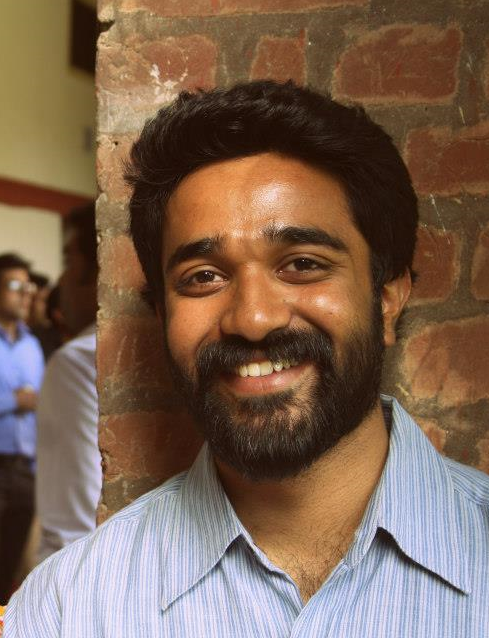Ashwin Varghese
For the past one year, I have been conducting fieldwork for my doctoral research, in police stations in India. This phase in my research has made me reflect more and more on the trope of ‘objectivity’ in social sciences. Reflecting back on methodology courses in my Masters and Doctoral coursework in Sociology, I recall how conventional syllabi always emphasize on research being objective, i.e. free of biases, and preconceived notions. This also creates an image of an objective researcher, who tries to understand the ‘field’ as it is; to study the subject according to their own beliefs and values.
This, however, raises a crucial question; if the experiences of our social lives are conditioned by our social locations; as researchers, aren’t our observations also conditioned in a similar way? What then are the limits to objectivity?
For my own work, in police stations, I have been drawing from the tenets of Institutional Ethnography, which Dorothy Smith (2005) coined as a method of enquiry into how people participate in institutional relations. A prerequisite, in this, is identifying the researcher’s standpoint – critical standpoint – which crudely means the researcher’s gender, class, caste, religion etc. vis-à-vis the institution, i.e. those aspects of the researcher’s social position which defines their access to, and experience of the institution. Institutional ethnography requires the researcher to begin in their own experience, this way, ‘standpoint’ creates a point of entry into understanding the social in such a way that it does not subordinate the social position of the observer.
The past year, has made me acutely aware of how gendered my access to my field is, and how gendered is my experience of the field. I will illustrate this with a few examples. First, as part of standard rapport building practices in ethnographic studies, researchers attempt to break the ice by engaging in informal interactions, often during tea breaks or during meals. I have also been invited to several such informal discussions, however only by male officers. I have not been privy to informal interactions among women officers. This could be seen in two ways, one, inability of the researcher to build rapport with women officers, and/or acknowledgment of gendered access. My responsibility, as a researcher understanding my subject through a critical standpoint, lies in not generalising observations based on these interactions with male officers, as the general experience of all police officers. Second, while I negotiate permissions to accompany officers on night patrol etc. one aspect that I as a male researcher accessing police stations am not affected by, is the discomfort that several women complainants have reported about accessing police stations, because of their overwhelmingly male composition. This relation of comfort/discomfort intrinsically determines our research experience and subsequent theorization.
In conclusion, the acknowledgment, that I as a male researcher have a gendered access and experience of the field, also pushes me to acknowledge that I do not have an experiential understanding of how other genders experience the police station. This requires us to reflect on our methodology and how we understand objectivity in social sciences. Through a critical standpoint, it becomes necessary for us to show how our access and experience of society is conditioned by our social locations, and further that objectivity lies in foregrounding, and not subordinating the researcher’s social position.
References
Smith, Dorothy. 2005. Institutional Ethnography : A Sociology for People. New York: Altamira Press.
.

Ashwin Varghese is a PhD scholar in Sociology at the School of Liberal Studies, Ambedkar University Delhi. He holds Master’s degrees in English Literature, and Sociology, and has previously worked as a Research Assistant to Legislators at Rajiv Gandhi Institute for Contemporary Studies, Delhi. His doctoral work focuses on understanding power relations in the everyday of police stations in India. His broader research interests include political economy, state, law and public policy.
